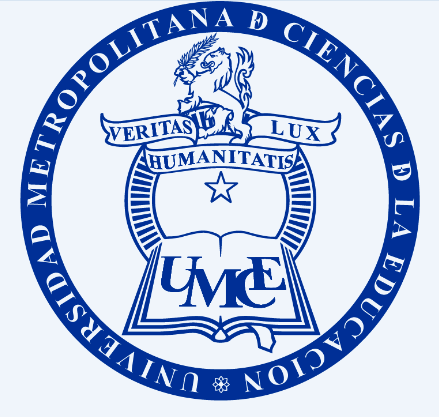Main Article Content
Apr 25, 2017
Abstract
En el presente estudio se analiza la construc
ción de un tipo de discursividad particular, el
discurso utópico, en Cautiverio feliz, obra del
período colonial chileno escrita por el criollo
Francisco Núñez de Pineda y Bascuñán. La
obra se aborda desde una lectura en “clave
utópica” la cual pretende mostrar de qué ma
nera se configuran en el texto figuras utópicas
de resolución simbólica de las contradiccio
nes de! contexto histórico en el que se sitúa la
obra.
Downloads
Policies for open access journals
Authors who publish here accept the following terms: Authors will keep their copyright and will guarantee the journal the right to the first publication of their work, which will be subject to the Licence of Creative Commons acknowledgement, which allows for the use of this material only if the authorship is credited and the original source is acknowledged (the journal’s URL), and if it is not used with commercial ends and with any derivations of the original work.
Authors may adopt other non-exclusive license agreements of distribution of the published version (e.g. to save it onto a digital institutional archive or publish it in a monographic volume) only if the initial publication of this journal is indicated.
It is permitted and recommended for authors to divulge their work on the Internet (e.g. institutional digital archives or webpage) before and during the submission process, which may lead to interesting exchanges and increase the citations of the publication. (See Open Access Effect).






